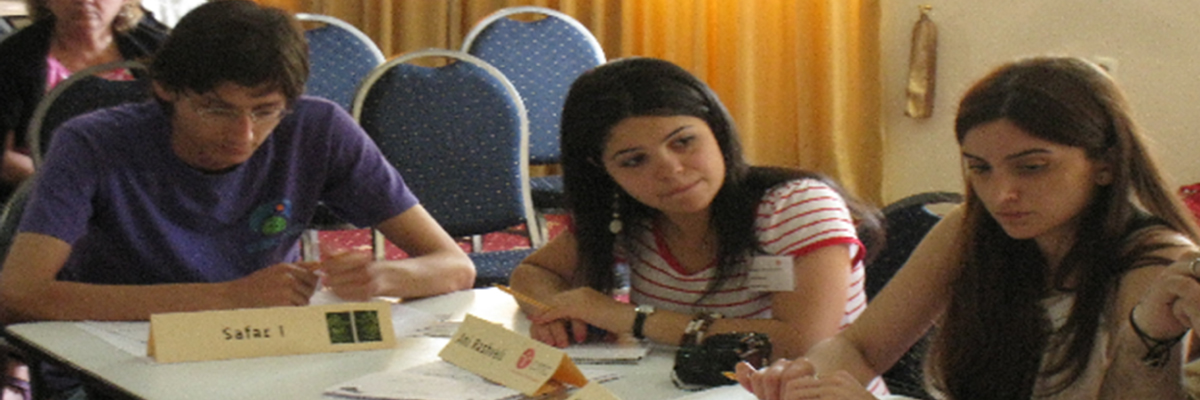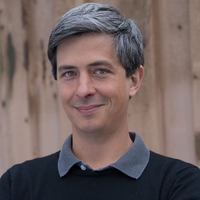To achieve this goal, a simulation game seminar for 24 young (18-30 years) participants from Armenia, Azerbaijan and Georgia was conducted in Georgia. In order to revert to local capacities, we built on local trainers. Therefore we trained trainers from South Caucasus in the method of simulation gaming, and by this provide them with an innovative and effective learning tool for international understanding, confidence building, the ability to compromise and conflict management.
Target Group
Our action was targeting mainly on two different groups: The trainers who facilitate the simulation game seminar and the participants of the seminars, who take part in the game. a) Trainers: To conduct the action we built on local capacities. To involve them in an adequate way, we taught selected trainers in the method of simulation gaming and designing the seminar. In the first stage of the project, 6 trainers, respectively 2 from Armenia, Azerbaijan and Georgia, were selected and trained in the method of the simulation game. b) Participants: Young activists from the three South Caucasus countries Armenia, Azerbaijan and Georgia Our main target group were young people (18 to 30 years), 8 from each country, who came together for the simulation game seminar. The participant were active in civil society.
Project Goals
The aim of the project was to encourage a dialogue about the future of the South Caucasus inside the region and to create a common vision among young people for a peaceful co-existence. Therefore the method of simulation gaming was used and passed on to a circle of trainers from the region. Due to our experience the method is highly suitable to increase mutual understanding and furthermore develop and test alternative problem-solving approaches. Thus the method combines two important factors: First it offers the participants to step out of their ordinary roles and to overcome own prejudices, in order to engage in an open dialogue with others. Second the simulation is designed as political laboratory, a model of reality that gives space to think outside the box, illustrates complex political processes and offers a particular chance to assess the outcome of new approaches.





